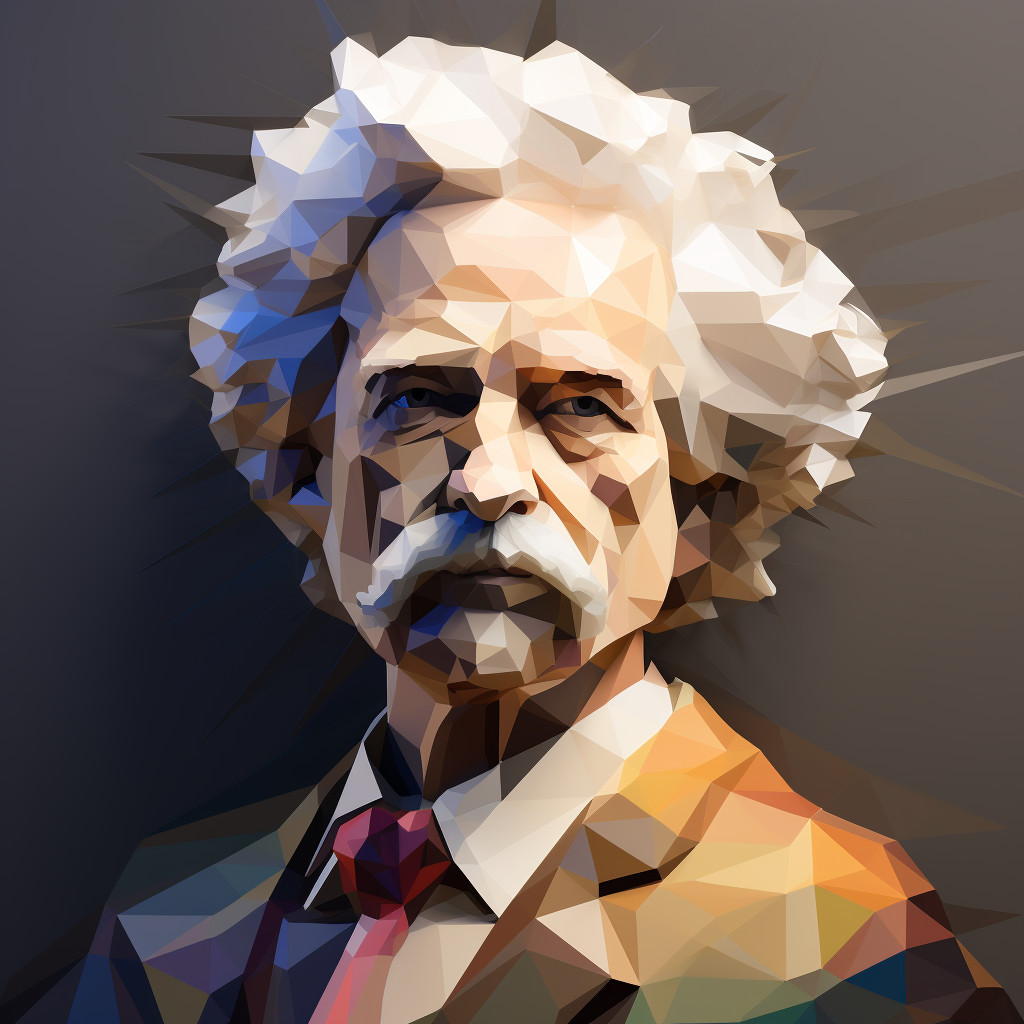This quote is a commentary on the objectivity and unalterable nature of photographic evidence. The Kodak camera, being a non-human entity, is incapable of bias, manipulation, or corruption. It captures reality as it is, without any personal interpretation or prejudice. This is what the author refers to when he says he couldn’t bribe the ‘witness’, meaning the camera. No amount of persuasion or influence can alter what the camera has captured.
The quote emphasizes the importance of objective truth and the role of technology in documenting it. It suggests that while human witnesses can be swayed, misremember, or even lie, a camera simply records what it sees without any alteration or bias. It’s a testament to the power of technology as a tool for truth and accountability.
In today’s world, this idea is more relevant than ever. In an era of ‘fake news’ and misinformation, the objective truth captured by cameras (and by extension, other forms of technology) serves as a crucial tool for accountability and transparency. From body cams worn by police officers to smartphone videos capturing social injustices, the camera continues to be a witness that cannot be bribed.
In terms of personal development, this quote can inspire us to seek and uphold truth in our own lives. Just as a camera captures reality as it is, we should strive to perceive and understand the world around us without bias or prejudice. It encourages us to be objective observers of our own actions and experiences, to learn from them and grow. It’s a reminder that truth, no matter how uncomfortable or inconvenient, is invaluable and should not be compromised.






